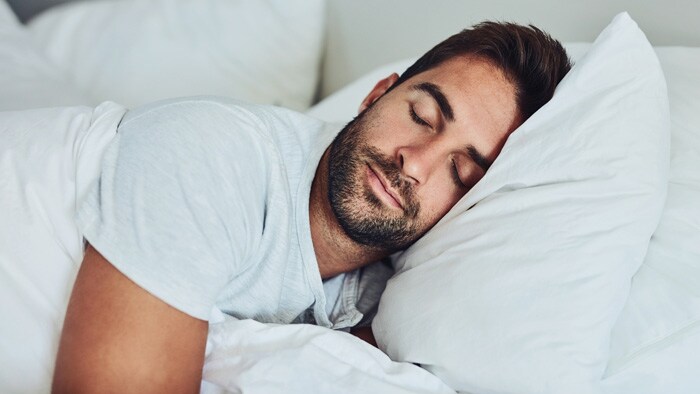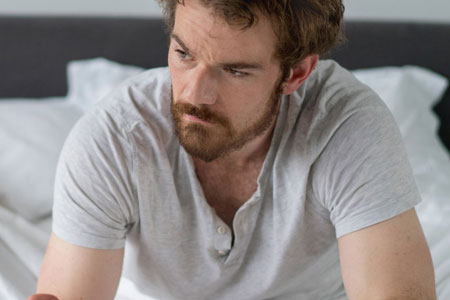Older adults and sleeping pills: An unsafe combination?
Sleeping pills can be a godsend for many suffering from temporary insomnia. But for older adults, who often report having difficulty sleeping, the meds might end up doing more harm than good. Many prescription and over-the-counter sleeping aids can more than double the risk of falls and hip fractures, as well as increase the risk of car accidents in seniors, according to the American Geriatrics Society. That’s because older adults tend to be more sensitive to the powerful effects of sleep drugs, which can lead to feelings of fogginess and confusion. “They make you feel almost a little drunk,” said Dr. Barbara Resnick, a gerontology researcher at the University of Maryland and past president of the American Geriatrics Society. That heightened sensitivity has experts recommending that seniors who have difficulty sleeping try non-drug treatments before popping pills. “Sleeping pills should absolutely, positively be a last resort,” Resnick said. Fortunately, there are also plenty of medication-free ways to cope with a temporary bout of can’t-sleep-itis. If you have or an elderly adult you know has trouble dozing off, consider these simple yet effective solutions:


